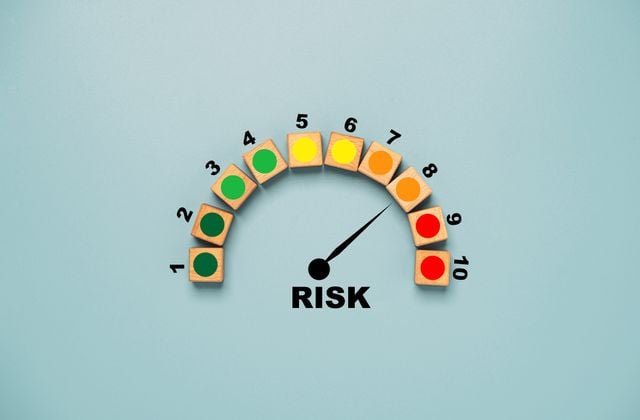On November 22, the EU Council, Commission and Parliament reached an informal final agreement on a conflict minerals regulation. Last week’s agreement builds upon the “political agreement” reached during June.
The regulation generally will require EU smelters and refiners and direct importers of tin, tantalum, tungsten and gold (3TG) into the EU to conduct due diligence using the OECD Guidance framework if they are sourcing from conflict-affected and high-risk areas anywhere in the world. See our earlier Alert for a more extensive discussion of the key terms of the regulation and what it means for downstream companies. Please also visit the Ropes & Gray Supply Chain Compliance and Corporate Social Responsibility Resource Center for EU source documents relating to the regulation.
The EU press conference and press releases following the final agreement were fairly light on substance, but, in addition to the above, they provide a few additional details and confirm some of the previously disclosed details of the regulation:
Importers
- Small volume importers of 3TG will be exempt, although the threshold was not included in the public announcements. The regulation is intended to cover more than 95% of all EU imports of raw 3TG. Given the high value of gold in small quantities, the EU Commission has indicated that it intends to monitor the effectiveness of the regulation as it relates to gold imports.
- The “responsible importer” concept will be retained in the final regulation. A company can become a responsible importer by declaring in writing to the competent member state authority that it follows the due diligence obligations set forth in the regulation. A list of responsible importers will be published by the Commission.
- The competent authorities in the member states will be charged with carrying out checks to ensure that EU importers comply with their due diligence obligations.
Downstream Companies
- The regulation will not require due diligence by manufacturers, importers and sellers of finished products and components. However, these companies will be encouraged to make voluntary disclosures. The EU Commission intends to develop voluntary guidance for downstream companies. It also intends to create a voluntary transparency registry where companies can report on their due diligence practices.
Conflict-Affected and High-Risk Areas
- The EU Commission will draft a handbook that includes non-binding guidelines to help companies, including small and medium-sized enterprises, with the identification of conflict-affected and high risk areas.
Next Steps in the Approval Process
- The next step is for the final agreement to be confirmed by the EU member states. The Slovak presidency of the EU Council is expected to present the agreed text to member states’ ambassadors on December 7, 2016. Early next year, the final regulation is expected to be adopted by the Council.
- Thereafter, the final regulation will move to the Parliament for a vote. The Parliament is expected to vote on the regulation during the first half of 2017.
Effective Date
- The regulation will take effect on January 1, 2021. This is a longer transition that the two year transition contemplated in earlier proposals. The transition period is intended to allow sufficient time to establish procedures and control mechanisms and prepare guidance. However, we expect that many larger downstream companies and the NGO community will push for earlier voluntary compliance.
For Further Information
If you would like to learn more about the issues in this Alert, please contact your usual Ropes & Gray attorney.
Ropes & Gray Supply Chain Compliance and CSR Mailing List
Click here to join the Ropes & Gray Supply Chain Compliance and CSR mailing list to receive Alerts, articles and program announcements relating to supply chain compliance, or to sign up for other Ropes & Gray mailing lists.
About our Supply Chain Compliance Practice
Ropes & Gray has a leading supply chain compliance and corporate social responsibility practice. We advise clients across a broad range of regulations, commodities and geographies, and our clients include leading public and private companies and trade groups from every major industry.
With on-the-ground expertise in the United States, Europe and Asia, we are able to take a holistic, global approach to supply chain compliance and CSR, to help clients efficiently and effectively structure and implement their supply chain compliance and CSR programs and mitigate risk.
Authors
Stay Up To Date with Ropes & Gray
Ropes & Gray attorneys provide timely analysis on legal developments, court decisions and changes in legislation and regulations.
Stay in the loop with all things Ropes & Gray, and find out more about our people, culture, initiatives and everything that’s happening.
We regularly notify our clients and contacts of significant legal developments, news, webinars and teleconferences that affect their industries.





